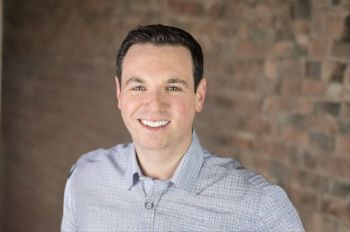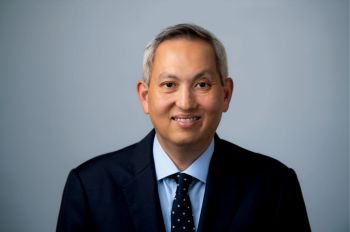Council on Tall Buildings and Urban Habitat Presents the 2009 Chicago Conference
Two-day event addresses new challenges in a world of global warming and recession
Chicago, IL — October 12, 2009 —
The Council on Tall Buildings and Urban Habitat (CTBUH) at Illinois Institute of Technology (IIT) presents the 2009 Chicago Conference, “Evolution of the Skyscraper: New challenges in a world of global warming and recession,” on Thursday, October 22, and Friday, October 23, in IIT’s Hermann Hall, 3241 S. Federal St., Chicago. Key conference speakers include Chicago Mayor Richard M. Daley, His Excellency Mohamed Ali Alabbar, the owner of Burj Dubai, and Arthur Gensler, the chairman of Gensler, San Francisco.
The world’s leading experts on tall buildings will gather at the conference, in Chicago, the city where the global aspiration for tall buildings was first realized, to outline their thoughts on the next steps for tall buildings and debate whether or not skyscrapers remain relevant in today’s world. For more than 20 years, tall buildings have been built in greater number, height, and geographical spread than at any other time in history. That position is now threatened due to the challenges of global climate change and the international economic recession. The conference will address the challenges of climate change when working to create more sustainable urban environments, the appropriateness of tall buildings being used as icons to project the vitality of a city or country on a competitive world business stage, and the soundness of the fundamentals of skyscraper conception, financing, design, and construction. Participants will also discuss the signs of economic recovery and explore policies that cities and governments can implement to aid in the recovery process.
Conference speakers, including financiers, developers, sustainable policy makers, architects and engineers, will present case studies of completed projects and look to the future to discuss how sustainable design policies will affect the property market. Case studies of prominent projects at all stages in the development cycle – built, under construction, on hold, or conceived, will be presented, including those that represent “best practice” in aspects of sustainability, design, construction, and/or economics.
Several other themes will also be explored during the conference, including a discussion on the recent completion of Trump Tower Chicago, the tallest building constructed in the United States since the Sears Tower. The developer of the Trump Tower project will discuss the motivation behind this project and other projects in the Trump portfolio. Additionally, in celebration of its 40th anniversary, the CTBUH will offer a retrospective on the last four decades of the organization.
A conference welcome reception will be held from 6 p.m. – 8 p.m., Wednesday, October 21, in the Grand Ballroom on the 16th floor of Trump Tower Chicago. In conjunction with the conference, an awards banquet will be held from 6 p.m. – 10 p.m., Thursday, October 22, in IIT’s S. R. Crown Hall, 3360 S. State St., Chicago, celebrating the achievements of the 2009 international “Best Tall Building” projects and the distinguished lifetime achievement award winners.
The Council on Tall Buildings and Urban Habitat, based at Illinois Institute of Technology in Chicago, is an international not-for-profit organization supported by architecture, engineering, planning, development and construction professionals, designed to facilitate exchanges among those involved in all aspects of the planning, design, construction and operation of tall buildings. Founded in 1969, the Council’s mission is to disseminate multi-disciplinary information on tall buildings and sustainable urban environments, to maximize the international interaction of professionals involved in creating the built environment, and to make the latest knowledge available to professionals in a useful form.
Founded in 1890, IIT is a Ph.D.-granting university with more than 7,300 students in engineering, sciences, architecture, psychology, design, humanities, business and law. IIT's interprofessional, technology-focused curriculum is designed to advance knowledge through research and scholarship, to cultivate invention improving the human condition, and to prepare students from throughout the world for a life of professional achievement, service to society, and individual fulfillment. Visit www.iit.edu.




